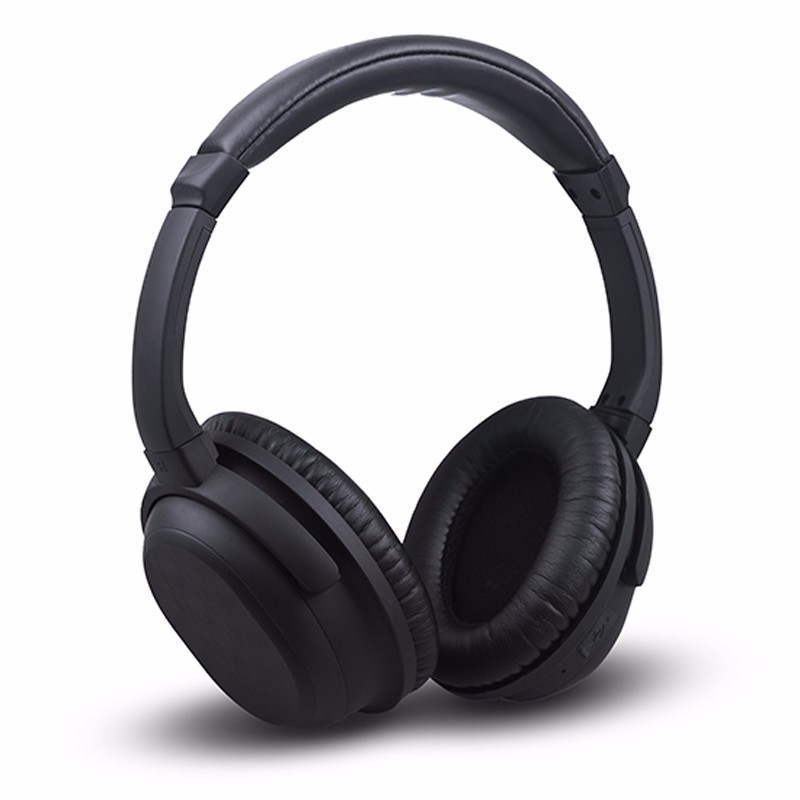Recently, with the increasing attention of mobile wallets and digital wallets, the security of financial information on mobile devices has naturally become a hot topic. In fact, with proper use, mobile payment solutions can make the financial information on your credit card more secure.
First, some misunderstandings need to be clarified: "mobile wallet" and "digital wallet" are two completely different concepts. "Mobile wallet" refers to payment through a mobile phone. All financial-related information such as bank account numbers and credit card numbers are stored on a mobile device. Users need to use the mobile phone to complete transactions. For example, using the near field communication technology (NFC) embedded on the mobile phone, users only need to swipe the mobile phone above the special terminal at the retail site to complete the payment. "Digital wallet" is different. Digital wallets exist in the cloud and are not fixedly attached to any specific device such as a mobile phone, but people can access and use the wallet with various devices and in various ways-such as using a physical card, mobile phone number, PIN code, or It is a mobile device in NFC end-to-end mode. Sensitive financial information is stored in the cloud, not on physical devices.
I am a staunch supporter of digital wallets using cloud solutions, and let me tell you why.
The biggest problem with "mobile wallets" is obvious. Putting aside the many challenges it faces, such as whether consumers accept and adopt it, and the high technology upgrade fees for retailers, etc., this payment scheme itself will bring unnecessary risks to consumers. Imagine that if important financial information is permanently stored in the phone, once the phone is lost or stolen, users will undoubtedly be in endless trouble-all information may be stolen suddenly. Relying entirely on physical equipment to process such sensitive information will put users at a huge risk, and this risk is actually completely avoidable.
The "digital wallet" payment solution relies on the inherent security of the cloud world. This is a way to save financial information on your phone. No matter which device is used, users can access and use the "wallet" anytime and anywhere. Even if other devices are replaced or the mobile phone is upgraded, there is no need to worry at all. Even if the phone is lost or stolen, the financial information is safe. Of course, we always build users to use PIN codes as the first line of defense for mobile phone security. Store all sensitive financial information securely in the cloud, not on the device-this way is intuitively smarter. While the risk of financial information leakage is greatly reduced, consumers can still enjoy all the functions and flexibility of mobile payment.
Let's look at this problem from another perspective: if your phone is stolen and all financial information is stored on this phone, when the thief uses the phone to make a transaction, the system can't tell whether it's you. After adopting the cloud solution, your account will be monitored in real time. For example, if you have just completed a transaction on a desktop computer in San Francisco, and 10 minutes later your account made another transaction on a mobile phone in Paris, the system will immediately find a problem.
As the use of mobile phones and mobile devices continues to surge, the way consumers pay will undoubtedly continue to evolve, even beyond our imagination. When this happens, the security of financial information will become more important, and must keep up with the rapid development of technology. In my opinion, the "digital wallet" in the cloud can guarantee the necessary security, and at the same time has the flexibility to enable users to pay without having to use a specific mobile device.
There are two types of noise canceling headphones, active noise reduction and passive noise reduction.
The active noise reduction function is to generate a reverse sound wave equal to the external noise through the noise reduction system, and neutralize the noise, thereby achieving the effect of noise reduction. Active noise canceling headphones with noise-reducing circuits that compete with external noise. Most of them use a large head-mounted design, which can be used to block external noise by using earplugs and earphone casings, and to perform the first round of sound insulation. There is plenty of room to install active noise reduction circuits and power supplies.
Passive noise canceling headphones mainly form an enclosed space by surrounding the ear, or use soundproof materials such as silicone earplugs to block external noise. Since the noise is not processed by the noise reduction circuit chip, generally only high frequency noise is blocked, and the noise reduction effect on the low frequency noise is not obvious.
Application:
1: Business people, because of frequent business trips, especially those who travel between different cities every day, they must hate the noise in the cabin. If there is a noise-cancelling earphone, they will be able to stay away from these noises. Relax by enjoying the music.
2: The office staff also need a pair of noise canceling headphones. Sometimes when thinking about planning, listening to the sound of central air conditioning is particularly annoying, and if there are colleagues around at this time, it is even more annoying. At this time, you may wear a pair of noise-cancelling headphones to expand your thinking in music.

Noise Cancelling Headphones,Wireless Noise Cancelling Headphones,Sound Cancelling Headphones,Bluetooth Noise Cancelling Headphones
Shenzhen Linx Technology Co., Ltd. , https://www.linxheadphone.com